Navigating the process of applying for funding can be challenging, especially if you're new to it. However, with the right guidance and support, it's a skill that can be quickly mastered to benefit your club.
How to Apply for Funding for Your Club
By Hannah Bussey, Sport Development Manager
It can seem like a daunting process if you’ve not applied for funding before, but it’s a skill that can be quickly learned regardless of your previous experience is.
We can help you develop your funding application and provide support along the way.
Whenever I become aware of new funds becoming available, I post about these on Instagram @hannah_bwl.
Examples of Funded Projects
Project Case Study – The Soma Space (more information)
Eligibility for Funding
Positioning your club to receive public funding will enable to you obtain the investment needed to increase your impact and reach your long-term goals.
To receive funding, you’ll need to be applying as an eligible not for profit organisation. ‘Not for profit’ is a general term and doesn’t mean that your organisation can’t make an income or pay coaches.
Example ‘not for profits’:
- Sports clubs
- Charities
- Schools
- Community Benefit Societies
- not-for-profit companies e.g. Community Interest Companies
To receive funding, you need to have at least three non-related leaders who don't live together. And you need to ensure decision making and voting rights are equally distributed.
To receive more than £10,000 of funding from us, you need to meet Tier 1 of the UK governance code.
If you’re applying as a Sports Club, it’s important to:
- Implement a constitution
- Recruit a committee that has regularly scheduled meetings with minutes recorded.
- Use an independent bank account – Funders generally say that should you be successful in securing grant funding, you'll be required to provide evidence of a bank account set up in the name of your organisation (e.g. copy of bank statements).
Tip: If you get a business account, you’ll be charged for the account but if you get a ‘Community’ or ‘Treasurer’s’ account the charges will be more favourable. The bank may need evidence that your club exists, for example a copy of your Constitution and Committee Minutes.
Main National Funds
Your funding application needs to meet the funders objectives and also be realistic for your organisation to achieve.
- Funds have different objectives and targets audiences, so pick one that most aligns with your ethos and ambition.
- You may need to develop a ‘project’ to meet the funder’s objectives.
- Funding can usually be used for equipment, coach delivery fees, qualifications for volunteers, and sometimes venue hire, running costs, or other costs.
- Active Partnerships – each area in England has an Active Partnership that’s focussed on connecting local partners to create conditions for an active nation. They sometimes distribute funding themselves, but also know what other funds may be available to schools and clubs locally.
- The Weightlifting Foundation – a fund specific to affiliated weightlifting clubs.
- Sport England Movement Fund (grants up to £15,000) – a good fund if your project provides opportunities for new participants facing barriers to activity, such as:
- People living on low incomes
- Disabled people or those with long-term health conditions
- Older people
- People from culturally diverse communities
- Pregnant women and parents with very young children
- Girls aged 5-16
- LGBTQ+ people
- People who are in foster care
- People who provide care without pay.
- Sport Scotland Sports Facilities Fund– this fund supports capital projects that help to create or improve places where people take part in sport and physical activity.
- Sport Wales Be Active Wales Fund - grants from £300 to £50,000 for projects in Wales that enable more people to participate in physical activity.
- National Lottery Award for All (grants up to £20,000) – a good fund if your project is focussed on at least one of these outcomes:
- Bringing people together to build strong relationships in and across communities
- Improving the places and spaces that matter to communities
- Helping more people to reach their potential, by supporting them at the earliest possible stage
- Supporting people, communities and organisations facing more demands and challenges because of the cost-of-living crisis
- Blue Spark Foundation – a funder which supports the education and development of children and young people by providing grants for educational, cultural, sporting and other projects.
- Green King Proud to Pitch In Fund (grants up to £4,000) - a fund specific to sports clubs for the tools they need to continue to play the sport they love.
- Many other smaller funds are intermittently available and publicised by British Weight Lifting and Active Partnerships.
Creating Your Application
Funding applications are usually written up but sometimes take the form of video submissions.
Generally speaking, funders ask similar questions. So, these are good places to start at the outset of designing your project even if you don’t know all of the answers yet.
- What does the project look like?
- What’s the purpose of the project?
- Who is your target audience? (many funders want you to be quite specific about this)
- How do you know they’re interested in your activity?
- Is this for a new audience or people who are already taking part in physical activity provided by your organisation?
- What are the desired outcomes of the project?
- How will you know if the project has been successful?
- How many people will the project benefit / cater for?
- How much funding are you applying for and how will it be spent?
- Where will activity take place?
- Who will deliver it?
- What’s the timescale and dates?
- How will the participants be able to continue participating once the project ends?
Evidencing Demand
Funders like it when you can evidence pre-existing interest and demand for your activity from your target audience. They want to know your project is ready to be delivered and you’re not guessing about who might take part in it.
So, before you submit your application it’s a good idea to:
- Hold come and try events, deliver taster sessions, host an open day, attend community gatherings such as active park events
- Speak to your target audience, gain feedback and collect expressions of interest from them (e.g. names, contacts details, comments)
- Build connections and involve other organisations in your area who have access to your target audience (e.g. schools, charities, community groups) and work with them in a similar way.
This will be important evidence to include in your funding application.
What Happens if You’re Unsuccessful?
The reality is you’re unlikely to be successful with all funding applications that you submit, so don’t be deterred! It’s especially tricky the first time, but thankfully it’s a skill that’s quickly learned.
Funds can be significantly oversubscribed and a success rate of one in five is considered a good average.
Some funders will give you detailed feedback to help you resubmit. Understanding the reasons behind the decision will also help you with any future funding applications.
Contact British Weight Lifting
Let us know if you’re thinking of applying for funding or need some guidance. If you’re successful, we can help publicise your good news to help other clubs.
Partners
-
 Official Partner
Official Partner
-
 Official Equipment Partner
Official Equipment Partner
-
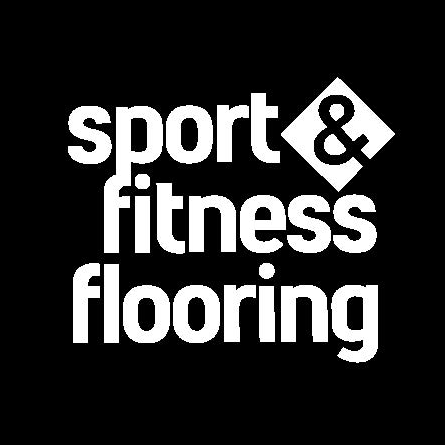 Official Partner
Official Partner
-
 Official Partner
Official Partner
-
 Official Photography Agency
Official Photography Agency
-
 Official Partner
Official Partner
-
 Official Partner
Official Partner
-
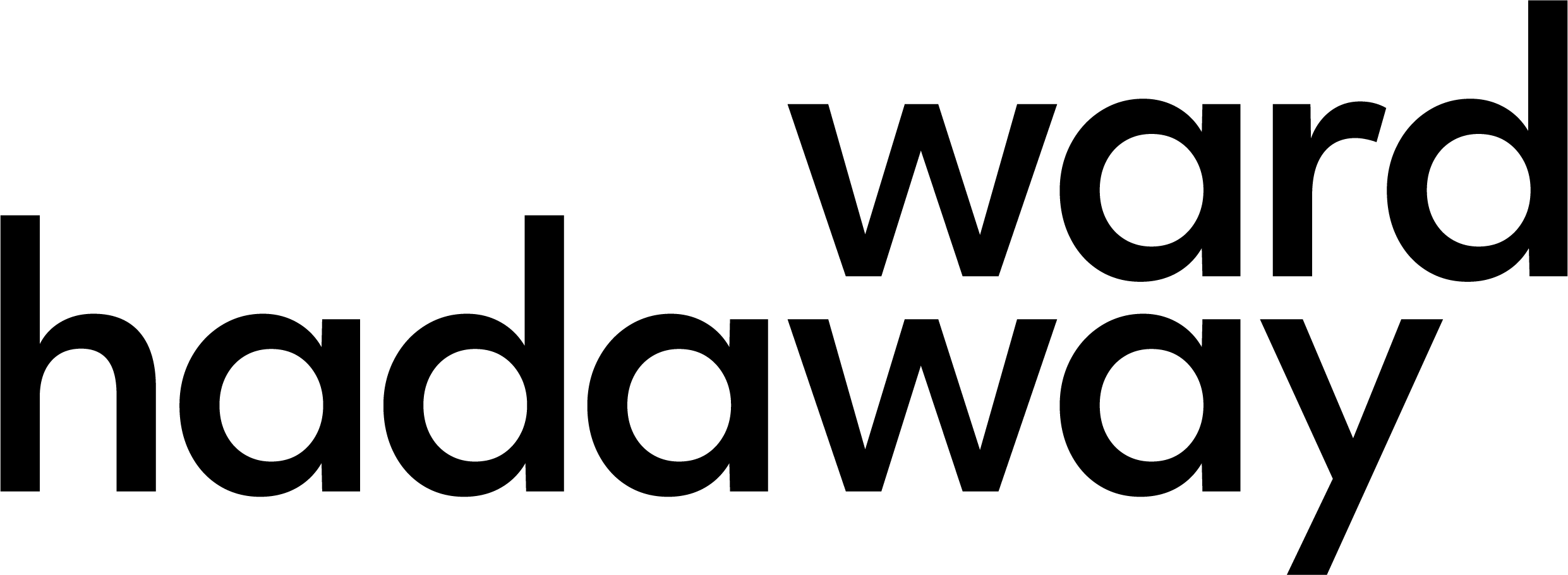 Official Partner
Official Partner
-
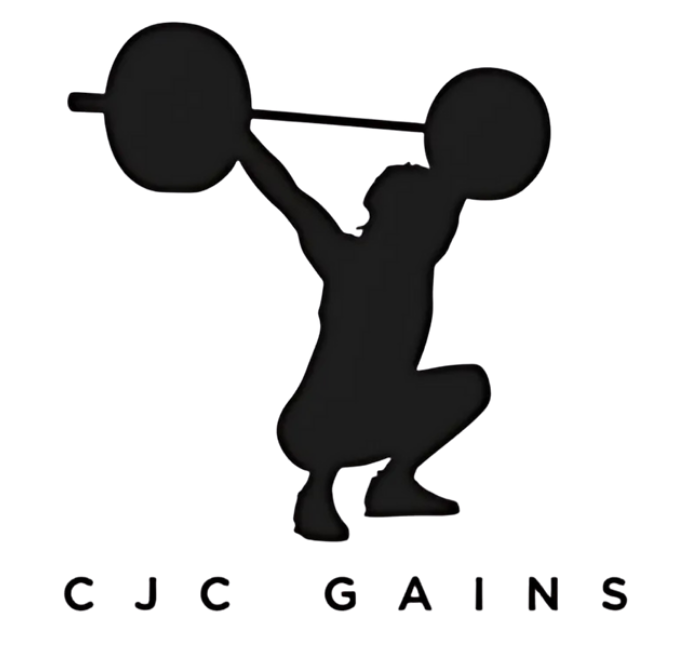 Official Partner
Official Partner
-
 Official Travel Partner
Official Travel Partner
-
 Partner
Partner
-
 Funding Partner
Funding Partner
-
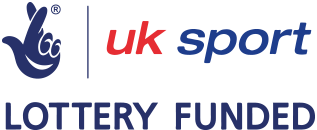 Funding Partner
Funding Partner
-
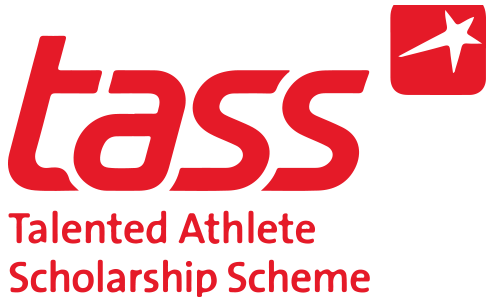 Funding Partner
Funding Partner
-
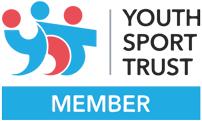 Official Strategic Partner
Official Strategic Partner
-
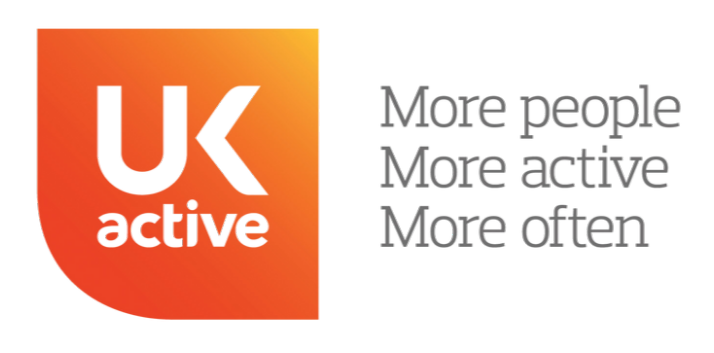 Official Strategic Partner
Official Strategic Partner
-
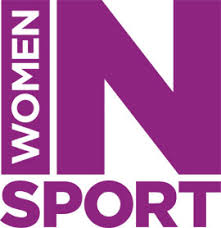 Official Strategic Partner
Official Strategic Partner
-
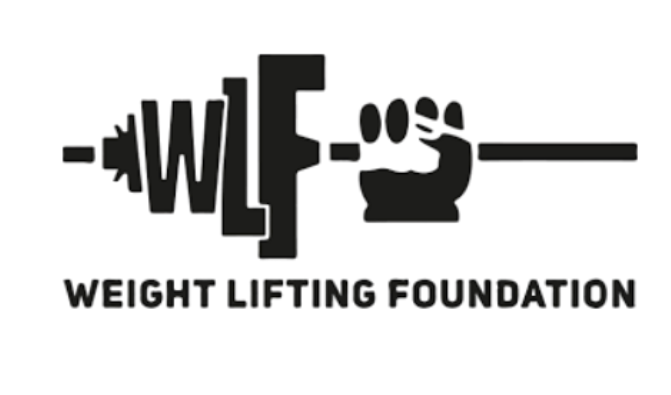 Weight Lifting Foundation Charity
Weight Lifting Foundation Charity
-
 Official ELearning Partner
Official ELearning Partner
-
 Official Awarding Organisation
Official Awarding Organisation
-
 Official Course Endorsement
Official Course Endorsement


